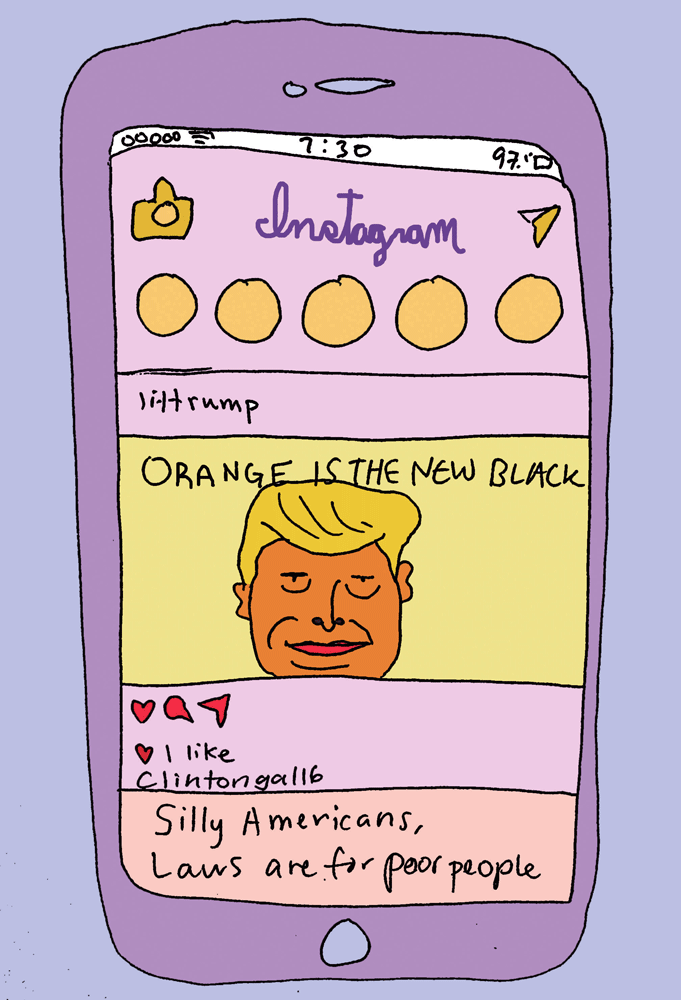
Armon Dhillon
The Boston Police Department recently decided not to go through with their proposed 1.4 million dollar software program that would monitor people’s social media accounts, such as Facebook and Twitter, for criminal activity. Police Commissioner William Evans stated that the technology “exceeds the needs of the department.”
Police were planning to use this software to track posts on social media and use the data to alert police officers of potential threats beforehand. However, the director of the Boston Regional Intelligence Center said that currently the police department does not have the the ability to deal with the sheer volume of data and that this technology would help the police in investigating threats.
In a campaign spearheaded by the American Civil Liberties Union, various civil liberty groups criticized the police for trying to obtain a software that would infringe on people’s privacy. Opponents of the software were worried that it would be used unfairly against minorities and would result in the monitoring of citizens’ First Amendment rights. Another criticism of the software was that its capabilities were not made transparent to the public due to confidential bids from various technology vendors.
Scrapping this particular software is a good idea. The people of Boston have the right to know exactly what the software does before the police spend almost one and a half million dollars on it and possibly place citizens’ privacy at risk. Transparency is vital in this day and age in order for people to maintain trust in their government, especially in the post-Snowden era. After former NSA employee Edward Snowden leaked classified documents, the NSA fell under scrutiny for its huge surveillance operation, including spying on German Chancellor Angela Merkel, raising questions about the limits on government surveillance.
However, police departments nationwide should have some sort of software that allows them to keep an eye out for criminal activity on social media. Everything posted on social media is already public information, so why make it hard for the police to track crime more effectively? If I tweeted that I was going to cause harm to someone, the police should be able to find me and take appropriate action beforehand rather than after the crime has been committed. Imagine how many people could be saved from violent situations.
The ACLU’s concerns about specifically targeting minorities is an issue that also needs to be addressed. We don’t know the specifics of the program, but if it were to just filter through text, I don’t believe that it would target minorities unfairly. It would look for words and phrases that would be interpreted as dangerous, regardless of the race of the person who wrote it.
People have an entitlement to privacy, a very important right. Nevertheless, there needs to be a trade off at some point. In the world we live in, the internet and social media is only becoming more prominent. The amount of information online is vast and growing by the second. Law enforcement is going to have to devote a larger amount of resources to deal with the increasingly large influx of data at some point.
In the end, the Boston Police Department made the right call deciding to abandon pursuing this particular software due to its undefined capabilities. However, in the future a software that has defined and reasonable privacy boundaries is going to be needed to monitor the web in order to keep us safe in the digital world we live in.










